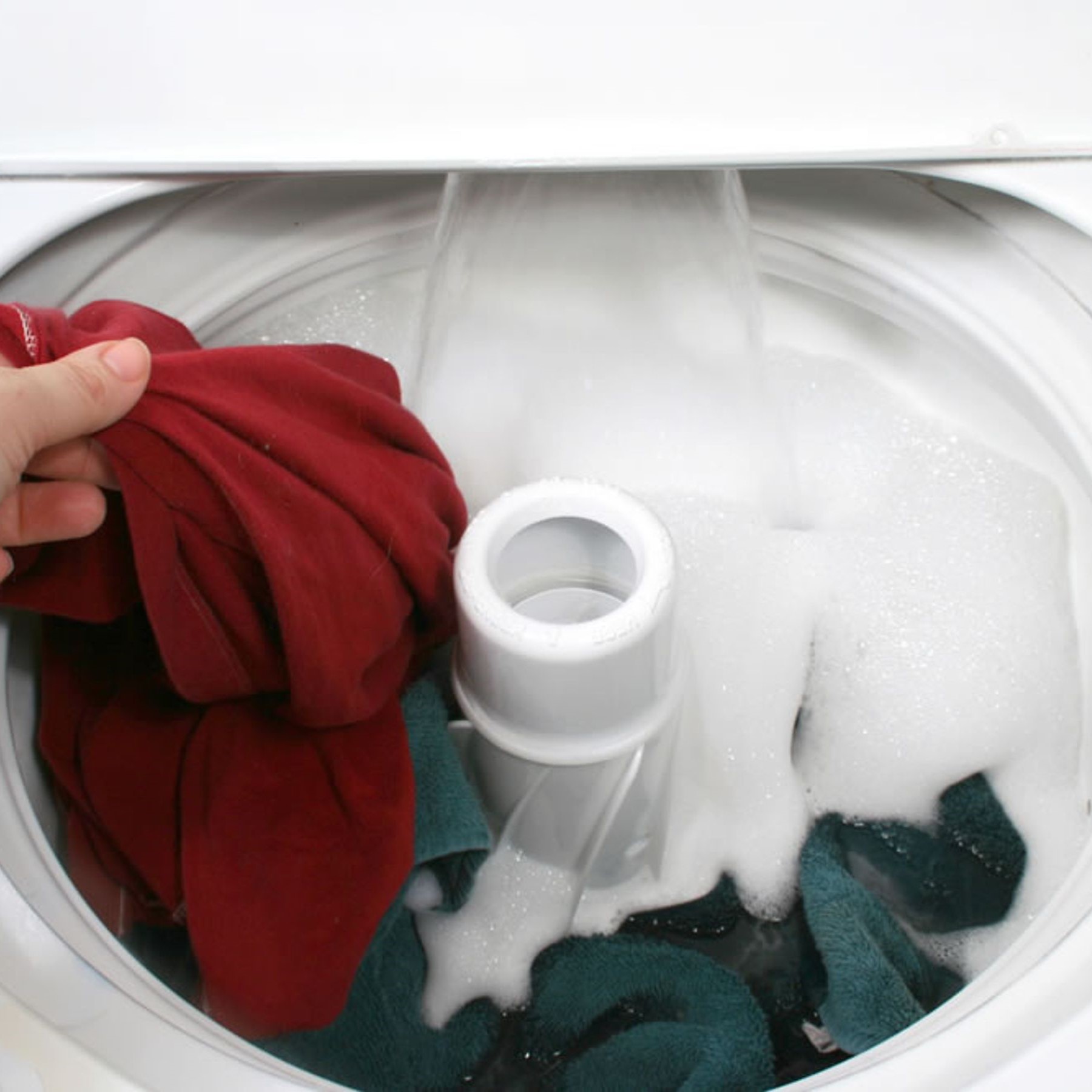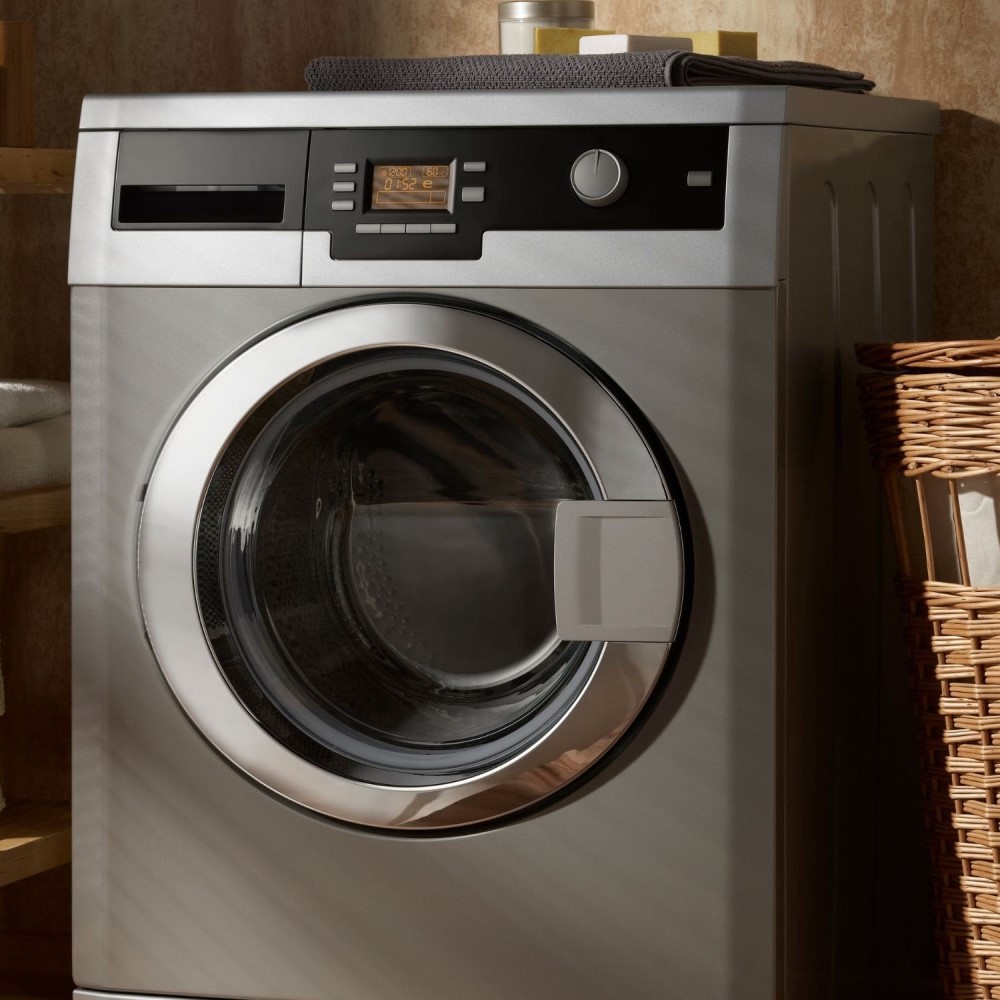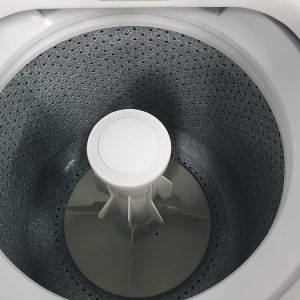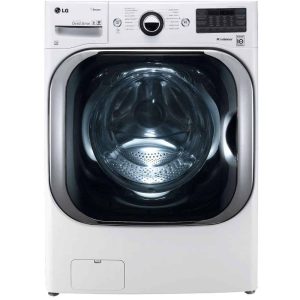How Many Watts Does a Washing Machine Use: guide for you
When it comes to household appliances, the washing machine stands out as one of the most essential. It not only saves time but also conserves water compared to hand washing. However, many homeowners often wonder about the electricity consumption associated with this appliance. Specifically, how many watts does a washing machine use? By understanding the wattage of washing machines, you can make informed decisions about energy consumption and potentially save on your electricity bills. In this article, we will explore various aspects of washing machine power consumption, including the factors that influence wattage, the types of machines available, and tips for efficient usage.
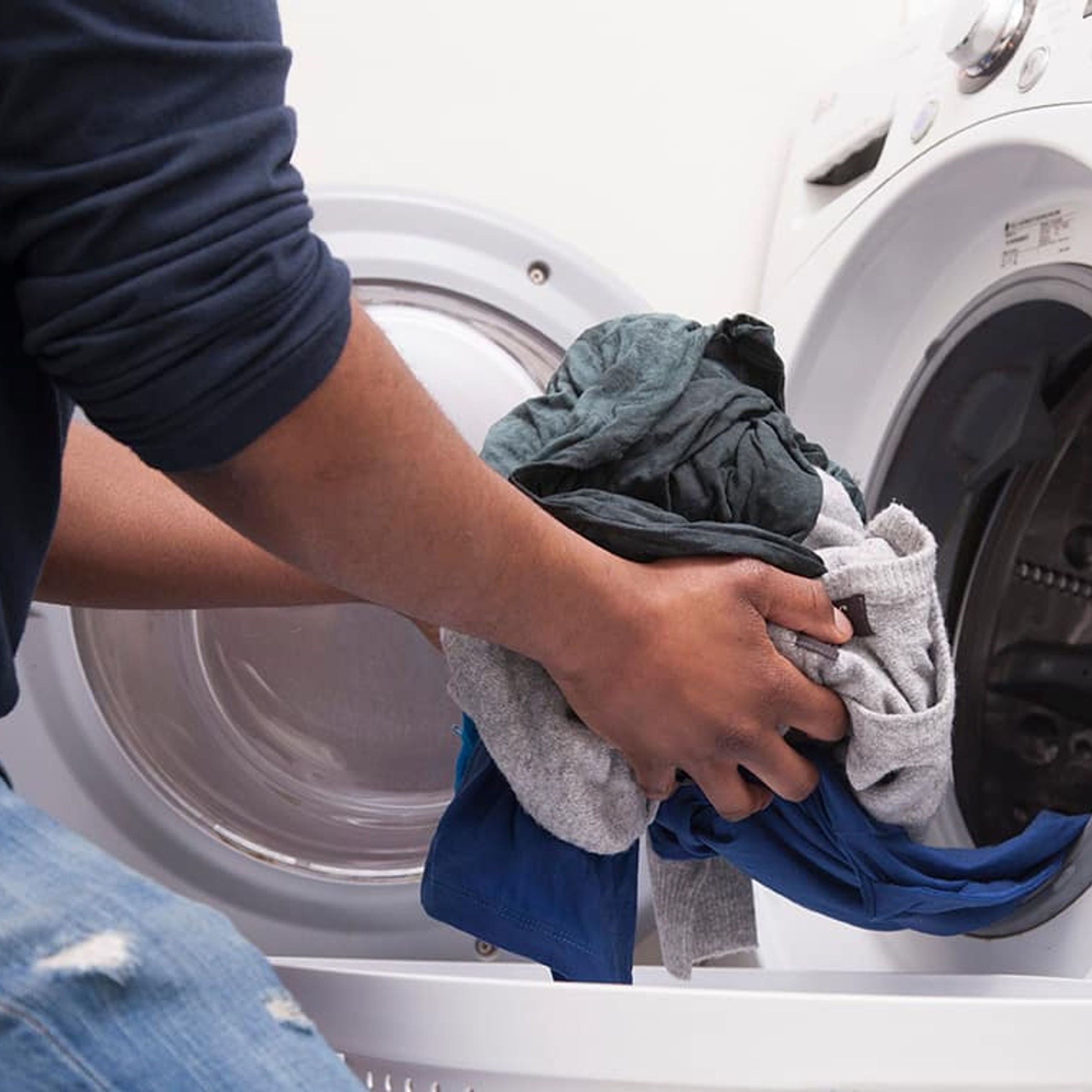 Understanding Washing Machine Energy Consumption
Understanding Washing Machine Energy Consumption
Factors Influencing Electricity Use
Several things affect how much energy washing machines use:
- Model Age: Newer machines usually use less power.
- Load Size: More clothes mean more energy.
- Temperature Setting: Hot water increases energy use.
- Cycle Type: Intense cycles use more energy.
Average Power Requirements
Washing machines’ power needs vary:
- Older Models: They can use up to 1,400 watts per cycle.
- Energy-Efficient Units: Modern machines may use as little as 400 watts per cycle.
- Stages of Use: Washing uses about 50 watts; spinning takes around 200 watts; heating water can use 2,000 watts but only for minutes.
Washing Machine Efficiency and Costs
Understanding washing machine energy efficiency can save you money and reduce energy use.
EnergyGuide and Energy Star Labels
Most washing machines have an EnergyGuide label. It shows the energy a machine uses per year. This label helps you compare different models. ENERGY STAR-certified machines are even more efficient. They use less energy and water, lowering utility bills significantly.
Reducing Energy Costs Through Efficient Habits
You can also save energy by changing how you use your washing machine:
- Wash with Cold Water: Using cold water reduces the energy for heating. This can cut your machine’s energy use considerably.
- Full Loads Only: Avoid washing small loads. Full loads maximize efficiency and reduce energy per garment.
- Skip Extra Rinses: Extra rinses use more water and energy. Only use them when absolutely necessary.
- Regular Maintenance: Keep your washing machine in good condition. Clean filters and check for leaks often to maintain efficiency.
These steps help lower energy costs and extend the life of your machine.
Calculating Energy Use for Washing Machines
Understanding how much energy your washing machine consumes is crucial for managing utility costs effectively.
How to Measure Your Machine’s Energy Usage
To measure the energy usage of your washing machine, start by locating the wattage information. This is often found on the EnergyGuide label affixed to your machine. For an in-depth look, use a watt-meter. This device plugs directly into your power supply and the washing machine. It displays real-time power consumption while the machine operates through different cycles. Keeping a record over several washes provides a comprehensive view of your machine’s energy usage.
Understanding Kilowatt-Hours and Their Costs
Kilowatt-hours (kWh) are the standard measurement used by utility companies to bill your energy usage. To understand this, multiply the wattage of your machine by the duration (in hours) of the wash cycle. For instance, if your machine consumes 1,200 watts and runs for one hour, it uses 1.2 kWh per cycle. Multiply this by your electrical cost per kWh (say $0.15). This calculation unveils the cost per cycle, helping you map out your monthly spending based on your laundry habits. Getting familiar with these calculations lets you identify potential savings by adjusting usage patterns or updating to a more efficient model.
Practical Ways to Save on Laundry
Saving energy during laundry can be simple with small changes to habits and timing.
Optimal Times for Running Wash Cycles
Running your washing machine at the right time can lead to significant savings. Here are some tips:
- Off-Peak Hours: Use your washing machine during night or early morning to take advantage of lower electricity rates.
- Time-Delay Feature: Modern washers have a setting to start later. Program it for off-peak hours.
- Weekly Planning: Do laundry less often by waiting for full loads and running them during these optimal times.
Benefits of Cold Water Usage
Using cold water for laundry has several advantages:
- Energy Savings: Heating water uses a large part of a washing machine’s energy. Cold water washes use less power.
- Effective Cleaning: Modern detergents work well in cold water, so your clothes still get clean.
- Clothes Last Long: Cold water is gentler on fabrics, meaning your clothes will last longer.
- Less Shrinking and Fading: Cold water can prevent shrinking and fading, so clothes keep their shape and color.
By paying attention to when and how you wash, you can reduce power usage and cut down costs.
Innovations in Washing Machine Technology
Advances in Energy Efficiency
Washing machine technology has seen significant advancements, especially in energy efficiency. Manufacturers now prioritize reducing power consumption. Many new models use advanced technology to minimize energy use. High-efficiency washing machines can operate with less than 400 watts per cycle. This drastically cuts down electricity usage compared to older models. Also, machines now have better load sensing. This means they adjust the water and power used, based on the size of the load. This smart feature can lead to significant savings on utility bills.
Smart Features that Cut Down Costs
Modern washing machines come equipped with smart features. These help lower energy and operational costs. Features such as programmable cycles allow users to set their machines to operate during off-peak hours. This takes advantage of lower energy rates, optimizing cost savings. Some machines also offer remote control operation via apps. This lets users control their washing remotely, enhancing convenience and efficiency. Additionally, smart models often include self-diagnosis systems. These systems alert you to potential issues before they become costly problems. Overall, these innovations not only save money but also enhance user experience and prolong the lifespan of the appliance.
Using Renewable Energy for Laundry
Switching to renewable energy for laundry is eco-friendly and cost-effective.
Solar Power for Washing Machines
Using solar power for washing machines helps reduce dependence on the grid. Solar panels convert sunlight into electricity, which powers your washer. This requires calculating your machine’s wattage and the solar output needed. Most machines need between 400 to 1,400 watts. With 500W solar panels, you’d need 1 to 3 panels for washing during sunny hours.
For off-grid laundry, store solar energy in batteries. This ensures power availability, even when it’s not sunny. A solar inverter converts the stored energy to run your washing machine.
Cost and Environmental Benefits
Solar energy lowers utility bills since sunlight is free. Initial setup costs pay off over time with continuous, zero-cost power for your laundry.
Using solar power reduces carbon footprint. Washing machines powered by fossil fuels release emissions. Solar energy doesn’t, making it a green laundry solution.
In summary, solar power for washing machines saves money and protects the environment. It’s a sustainable choice for eco-conscious households.
Conclusion
In summary, understanding how many watts a washing machine uses is crucial for optimizing energy consumption in the household. Various factors influence the wattage of washing machines, including the type and age of the machine, the settings used, water temperature, and load size. Front-loading machines generally tend to use less wattage than top-loading ones, particularly when utilizing eco settings. Regular maintenance and adopting energy-efficient practices can further contribute to lowering energy usage. Ultimately, knowing how many watts does a washing machine use will aid in making responsible choices that benefit both the environment and your pocketbook.
